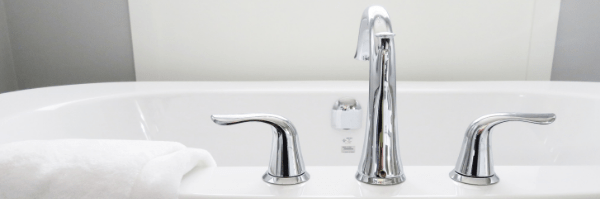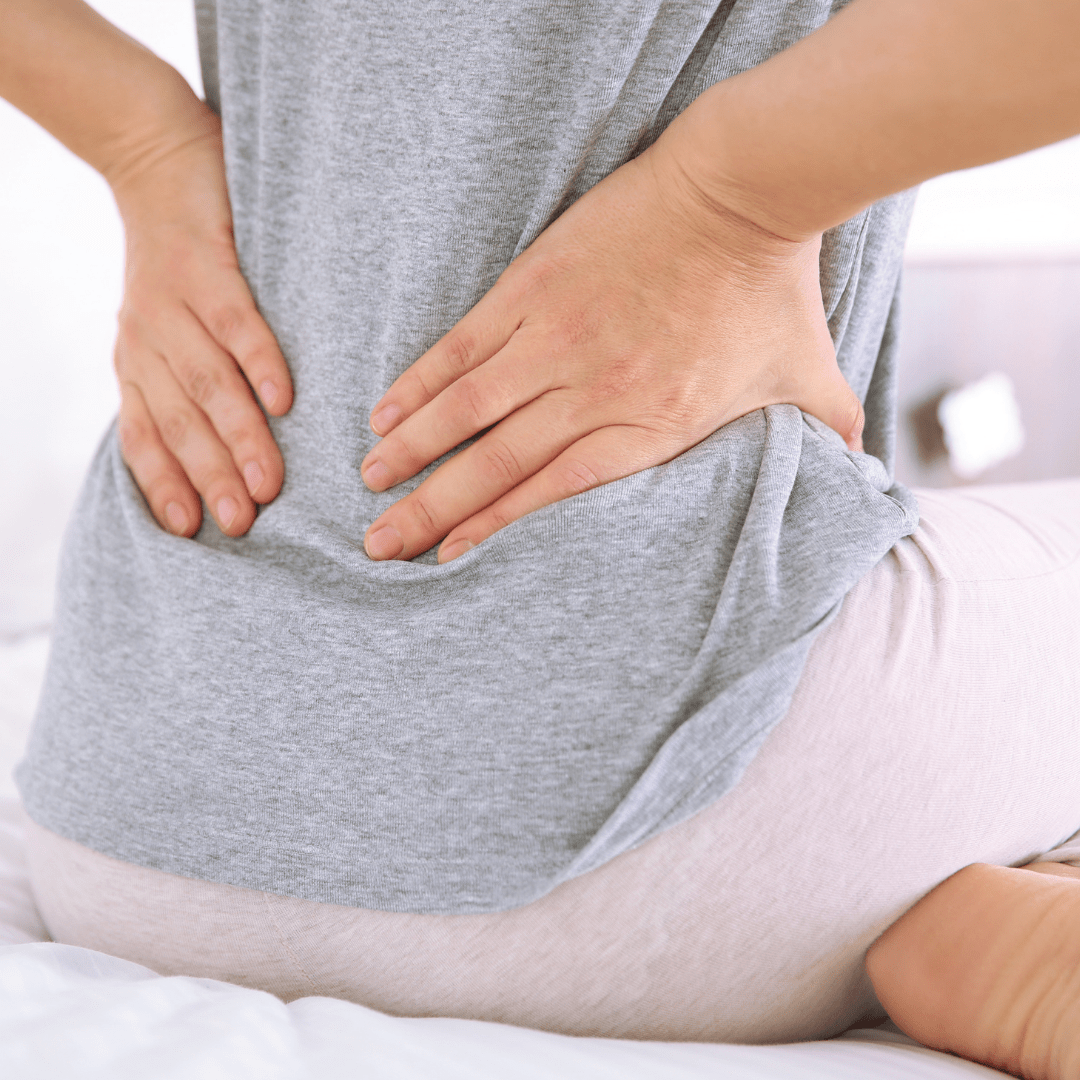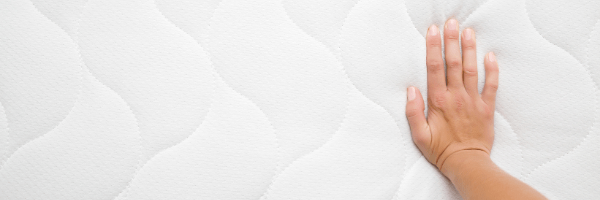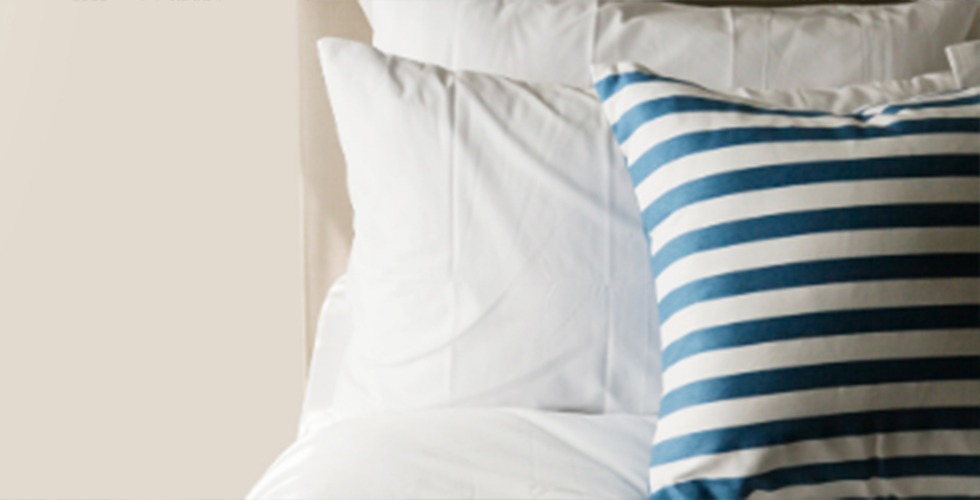A good night’s sleep is vital for us to stay healthy and happy and is as important for us as food and water is. Achieving sufficient good quality sleep at the right times can help protect your physical, emotional and mental wellbeing and ultimately improve your quality of life.
Brain functions are restored by, and some (especially those relating to memory) are dependant upon, sleep. Sleep is also critical for immune and endocrine system function, healthy digestion, recovery from injury, good energy and the restoration of health.
How you feel during your waking hours is dependant largely upon how well you sleep. How well you sleep is dependant upon diet choices, exercise, stress, lifestyle, bedroom environment and how suitable your mattress and pillow is.
Lack of quality and quantity of sleep leads to poor human performance:
- poor decision making
- irritability
- loss of attention (such as when driving).
- higher stress levels
- less energy for exercise

Secrets To A Good Night’s Sleep:
A Wind Down Routine
Sleep expert Dr Neil Stanley tells us that a Wind Down Routine is essential before bed, as we cannot get to sleep with an overactive mind and a tense body. Wind-down is an individual and personal thing, so he advises us to find an activity which we enjoy. Suggestions are:
- Knitting
- Reading a book
- Listening to music
- Meditation
- Restorative Yoga
- Doing a crossword
- Having a relaxing bath
This should be carried out for 45-60 minutes before bed and ideally should be every night of the week.
Exercise
Studies have shown that regular exercisers sleep better than non-exercisers and also have better energy during the daytime. The World Health Organisation (WHO) says we should be exercising for 150 minutes per week. The most important thing is the intensity of that exercise – Moderate to high intensity is best, where we are breathless enough to not be able to hold a conversation comfortably with somebody.
This type of exercise ideally should be carried out early in the day, as cortisol levels can raise during intense exercise, which is less conducive to falling to sleep easily. Calming, slower exercise such as Yin or Restorative yoga is a better choice later in the day, as it will promote parasympathetic nervous system activity (rest and digest!), so better to aid a quality slumber.
Reducing Caffeine and Alcohol
Cutting out stimulants such as coffee, tea, cigarettes and sugary drinks 3-7 hours before bed should lead to fewer sleep problems for most people.
Alcohol, at low doses may help you to fall into a deep sleep quickly, but will cause more waking events throughout the night with lighter sleep as the body metabolises the alcohol. So, alcohol consumption usually is harmful for sleep quality.
Blue Light
The type of light emitted from screens of phones, tablets and other electronic devices can lead to a drop in the body’s production of sleep hormones.
It would be a sensible move to stop using these devices around 2 hours before bed to improve your chances of falling asleep. Reading a book or finding another non-screen-based activity will allow the necessary hormones to be produced, making you feel sleepy.
If you find this impossible to do, try installing a blue light filter on your devices. Also try using more passive types of entertainment such as watching TV (preferably something light-hearted) or listening to radio to minimise psychological arousal.
Scent
There is limited evidence that certain scents such as lavender may improve your chances of good sleep. Use a pillow-spray or an air infuser.
Sleep Cycle
Going to bed and waking up at the same time each day (even at the weekends!) will make you feel much more energised and refreshed than if you sleep the same number of hours at different times, or indulge in long lie-ins!
Plan The Next Days Tasks Ahead
We need to avoid spending our non-work time thinking about the ups and downs of the work day and what tomorrow may bring, which will lead to psychological arousal, lessening sleep quality.
Planning for the following day or week has been shown to improve sleep quality along with feelings of wellbeing and vitality upon waking.
This can be in the form of a simple hand-written ‘To-Do’ list or you may prefer a web-based tool such as ‘Trello’, or Time Management systems like ‘Getting Things Done’ or using ‘The Eisenhower Approach’.
I personally love a hand-written list so I can draw lines through tasks that have been completed, it makes me feel super-productive!
How Your Bed Affects Your Sleep

Research shows that sleeping in an uncomfortable bed can deprive you of up to an hour’s sleep which you do not initially notice but over a period of time this can result in tiredness and fatigue. Lack of support from a mattress reinforces poor sleeping posture and can not only prevent you from getting a good night’s sleep but can also aggravate back pain.
Studies show that beds as little as six years old could offer significantly less support and comfort than a new one, due to wear and tear, not just from body weight and movement but also sweat and debris!
As a rough guide you should think about replacing your mattress every 7-10 years and ensure that you put value and quality over price. Your new mattress should be firm enough to support your spine in the correct alignment and conform to your body’s contours. Always try before you buy, lots of retailers now offer a trial period to ensure you feel the mattress is right for you and if not it can be returned with your money refunded.
How Firm Should Your Mattress Be?
I get asked this question lots and there is no one right or wrong answer to this. It depends on your weight, height, preferred sleeping position.
Soft: Best for side-sleepers or those who frequently change position during the night. This is because spinal pressure is removed with movements and side-posture, so it’s best for your mattress to mould with your natural position.
Medium: Best for back-sleepers as this firmness will offer a little extra lower-back support.
Firm: Best for front-sleepers (although we really do not recommend this position for sleeping at all due to the need to turn your head to one side which can cause poor alignment in the spine and joint and tight muscles in the neck!) It’s also the best for anyone 15 stone or heavier and for lower back pain sufferers.
Pocket Springs vs Memory Foam?
Pocket sprung mattresses are made from lots of individual small springs each housed in a ‘pocket’ of fabric. They are very supportive mattresses as every spring can move individually. These are ideal for a bed that is shared by two people as the springs will cater easily to the different weights.
Memory foam mattresses are made form mouldable material which responds well to moulding to the shape of your body and absorbing your weight, relieving joint pressure and maintaining spinal alignment. The downside is that memory foam can often be too warm and some dislike the ‘disappearing/ sinking’ feeling that this mattress gives.
Ultimately, the right mattress/bed is personal choice, but hopefully the above pointers will be helpful when the time is right to choose a new one!


